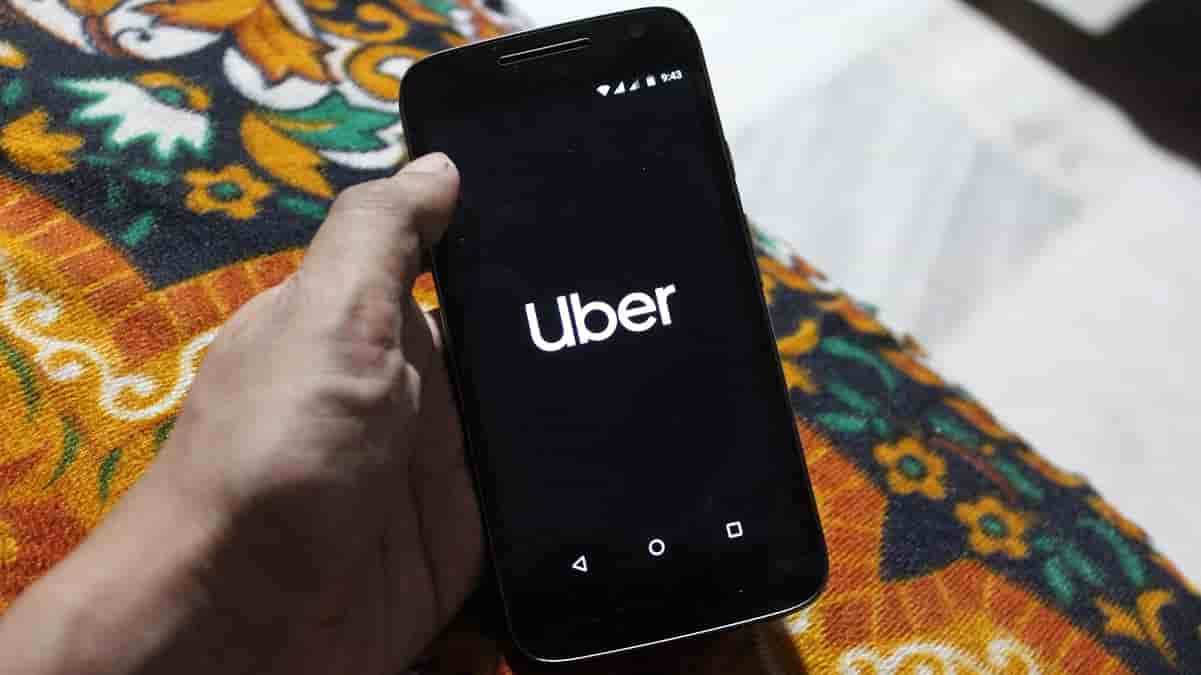The Supreme Court has ruled that Uber drivers must be classed as workers.
The hail-a-cab giant had argued that they offer a “booking agent” service that hires drivers as self-employed contractors. However, last Friday the court unanimously dismissed these claims and decreed that drivers must now be considered workers.
In arriving at its judgement the court examined several areas including Uber’s control over fares, terms of contract and ride requests. It decided that these conditions placed drivers in a subordinate position where their earnings are directly related to the number of hours worked. The only way to earn more money is to work for longer.
Lord Leggatt – a Justice of the Supreme Court of the United Kingdom – said that Uber must class drivers as workers from the moment they log on to the app, to the moment they log out. The company had previously stated that if the court found drivers to be workers, they would only recognise the periods when they were actively providing a service to passengers.
In response, Uber’s General Manager for Northern and Eastern Europe, Jamie Heywood, said: ‘We respect the Court’s decision which focussed on a small number of drivers who used the Uber app in 2016.
‘Since then we have made some significant changes to our business, guided by drivers every step of the way. These include giving even more control over how they earn and providing new protections like free insurance in case of sickness or injury.
‘We are committed to doing more and will now consult with every active driver across the UK to understand the changes they want to see.’
The ruling could fundamentally change the relationship between Uber and their drivers, as workers are entitled to benefits such as minimum wage and holiday pay. They are also protected under provisions specified in the working time directive.
Unravelling the gig economy?
The Supreme Court’s decision should be seen as good news for everyone working in the gig economy. As The Workers Union has long argued, if a company is able to exercise a vice-like level of control on the labour it uses to deliver its services, then that brings obligations and responsibilities.
The unvarnished truth is that zero-hours contracts should be abolished. Their much-vaunted flexibility is a sham that is often used to lock people into low-paid insecure work that offers little in the way of protections and benefits.
The pandemic has put this into sharp focus, as those on zero hour contracts have seen their work reduced to a trickle as a consequence of multiple lockdowns.
So, let’s change the narrative on this. “21st Century work” does not have to be about exploitation…we can and must choose a path that offers good quality work based on equity and respect.
The Workers Union – fighting for social justice fighting for you





1 Comment
[…] Supreme Court has ruled that shop work can be compared to work in the distribution centres. The decision could […]